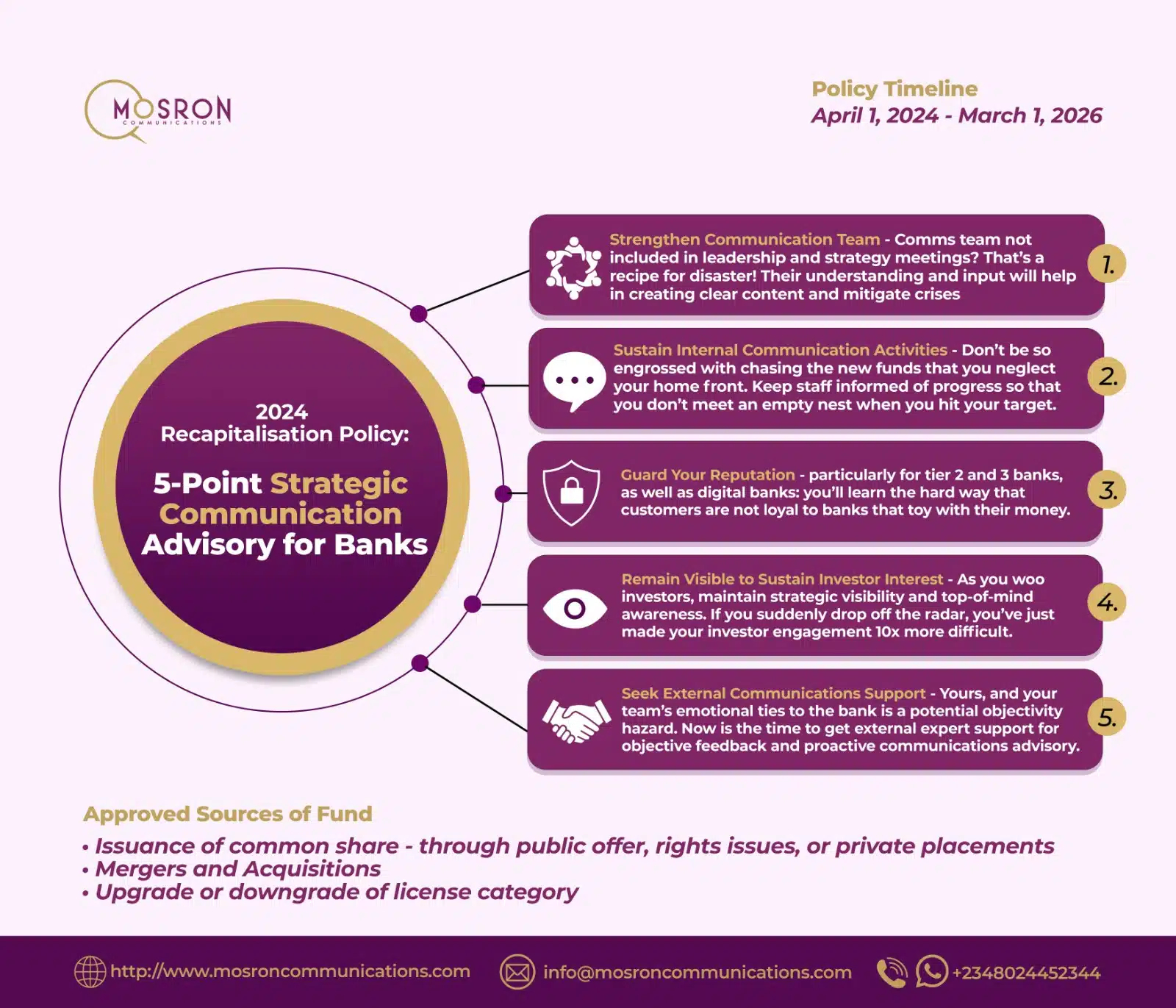Nigeria’s battle with Meta over data privacy and consumer rights reached a turning point in April 2025, when the Federal Competition and Consumer Protection Commission (FCCPC) upheld a $220 million fine against the tech giant.
The FCCPC maintained its position that Meta, the parent company of WhatsApp, Instagram, and Facebook, had violated several data protection and consumer rights laws, including denying Nigerians the right to control their personal data, transferring and sharing Nigerian user data without authorisation, discriminating against Nigerian users compared to users in other jurisdictions, and abusing their dominant market position by forcing unfair privacy policies.
Consequently, the FCCPC ordered Meta to pay a fine of $220 million within 60 days for violating the country’s data protection and consumer rights laws. This, in addition to fines by the Nigeria Data Protection Commission (NDPC) and the Advertising Regulatory Council of Nigeria (ARCON), brought Meta’s total liability to $290 million.
In response to this, Meta threatened to withdraw its services from Nigeria as it deemed the FCCPC and NDPC’s demands regarding data privacy unrealistic and the FCCPC’s investigation flawed. However, the FCCPC maintained that Meta’s withdrawal threat was simply “a calculated move aimed at inducing negative public reaction and potentially pressuring the FCCPC to reconsider its decision.”
The 60-day deadline given by the FCCPC expired in June 2025. Two months later, all three Meta services remain accessible in Nigeria. It is unclear whether Meta has paid its fine to the regulator or if it is pursuing further legal options to circumvent it.
An FCCPC representative told Techpoint Africa in writing that the regulator has no update to share at the moment, and an official press release will be put out when they do. Meanwhile, Meta did not respond to Techpoint Africa’s repeated requests for comments.
What’s next?
If Meta has failed to pay the fine, as can be inferred from the silence of both parties regarding progress on the issue, it could be time for the FCCPC to consider other ways to enforce payment.
For one, the FCCPC could pursue further legal actions against Meta. It could also take a more political approach by pressuring the Nigerian government to suspend Meta’s services in the country.
While the regulator did not categorically state the steps it would take if Meta failed to adhere to its deadline, it noted that not even exiting the country would absolve the company of its legal obligations.

Victoria Fakiya – Senior Writer
Techpoint Digest
Stop struggling to find your tech career path
Discover in-demand tech skills and build a standout portfolio in this FREE 5-day email course
On the other hand, Meta’s continued presence in Nigeria could suggest it never seriously intended to exit the country or is quietly exploring alternative arrangements. A look at its actions in other markets provides a clue into possible actions.
In 2019, it reached a settlement to pay $5 billion to the US Federal Trade Commission for violating an earlier order by the regulator. That decision didn’t go down well with certain investors who sued the company.
In Europe, Meta has faced several regulatory penalties, including a $1.3 billion fine in 2023 for violating the General Data Protection Regulation (GDPR). More recently, it was fined €200 million for breaching the EU’s Digital Markets Act (DMA).
In both instances, Meta has opted to appeal the fines and accompanying directives—a process that typically triggers a stay on enforcement and can take considerable time to resolve. Given the complexities of Nigeria’s legal system, it wouldn’t be surprising if Meta adopted a similar strategy.
While some analysts believe Meta could follow through on its threat if the FCCPC remains unyielding, Nigeria’s position as its largest market, along with the company’s history of similar threats in other regions that ultimately went unrealised, suggests it is unlikely to pull the plug on local operations.











